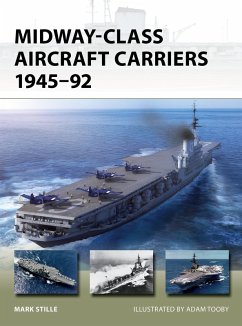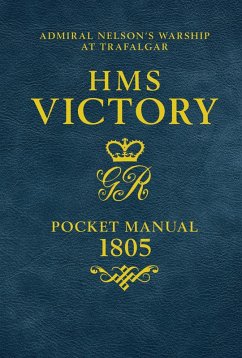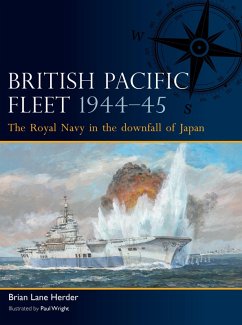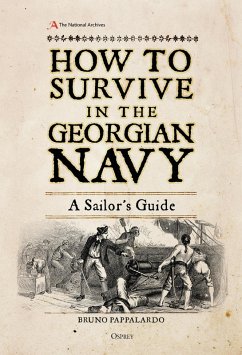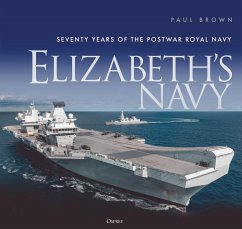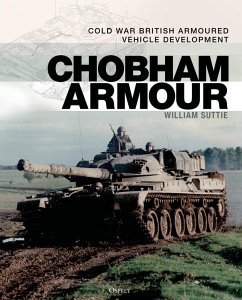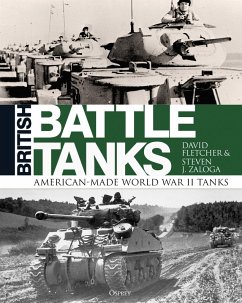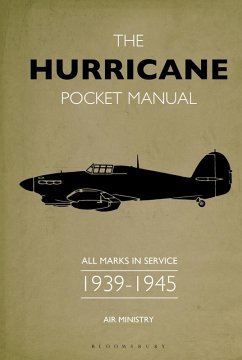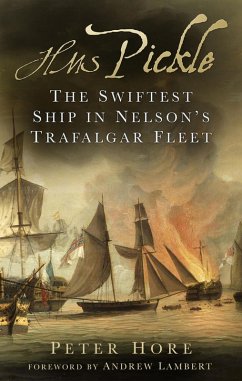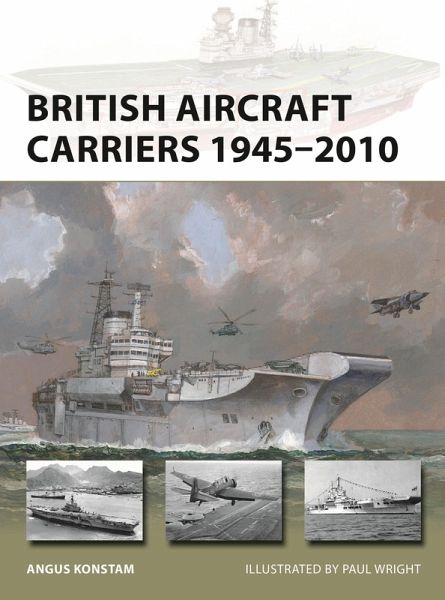
British Aircraft Carriers 1945-2010 (eBook, ePUB)
Versandkostenfrei!
Sofort per Download lieferbar
9,95 €
inkl. MwSt.
Weitere Ausgaben:

PAYBACK Punkte
5 °P sammeln!
The history of the Royal Navy flagships that led the fleet through the Cold War, ensured victory in the Falklands War, and saw action in Iraq and the Balkans. In 1945, at the end of World War II, the Royal Navy's carrier fleet proved essential to the post-war world. Royal Navy carriers fought in the Korean War with the UN fleet, in the debacle at Suez, and in British operations in the last days of Empire, in Malaya, Borneo and Aden. But most famously, they were the key to the Royal Navy's victory in the Falklands campaign, and they went on to fight in the two Iraq wars. Illustrated throughout ...
The history of the Royal Navy flagships that led the fleet through the Cold War, ensured victory in the Falklands War, and saw action in Iraq and the Balkans. In 1945, at the end of World War II, the Royal Navy's carrier fleet proved essential to the post-war world. Royal Navy carriers fought in the Korean War with the UN fleet, in the debacle at Suez, and in British operations in the last days of Empire, in Malaya, Borneo and Aden. But most famously, they were the key to the Royal Navy's victory in the Falklands campaign, and they went on to fight in the two Iraq wars. Illustrated throughout with new profiles of the key carriers and their development, as well as a cutaway of HMS Victorious and superb new illustrations of the carriers in action, this book explains how the Royal Navy's air power changed throughout the Cold War and beyond. Renowned naval historian Angus Konstam explains how the World War II carriers were rebuilt in a pioneering modernization that allowed them to operate a new generation of naval jets. As carriers became more expensive to operate, the Royal Navy had to scrap its conventional fast jets and introduce a new generation of light carriers designed for the innovative Harrier 'jump jet'. When the Falklands War broke out, it was one of these new carriers and one veteran carrier from World War II that gave the Task Force the fighters it needed to defend itself in hostile waters and retake the islands. Covering a period of dramatic change for the Royal Navy, this book is a history of the Royal Navy's most important ships throughout the Cold War, the retreat from Empire, and the Falklands and Iraq wars, up to the moment Royal Navy fixed-wing air power was temporarily axed in 2010.





